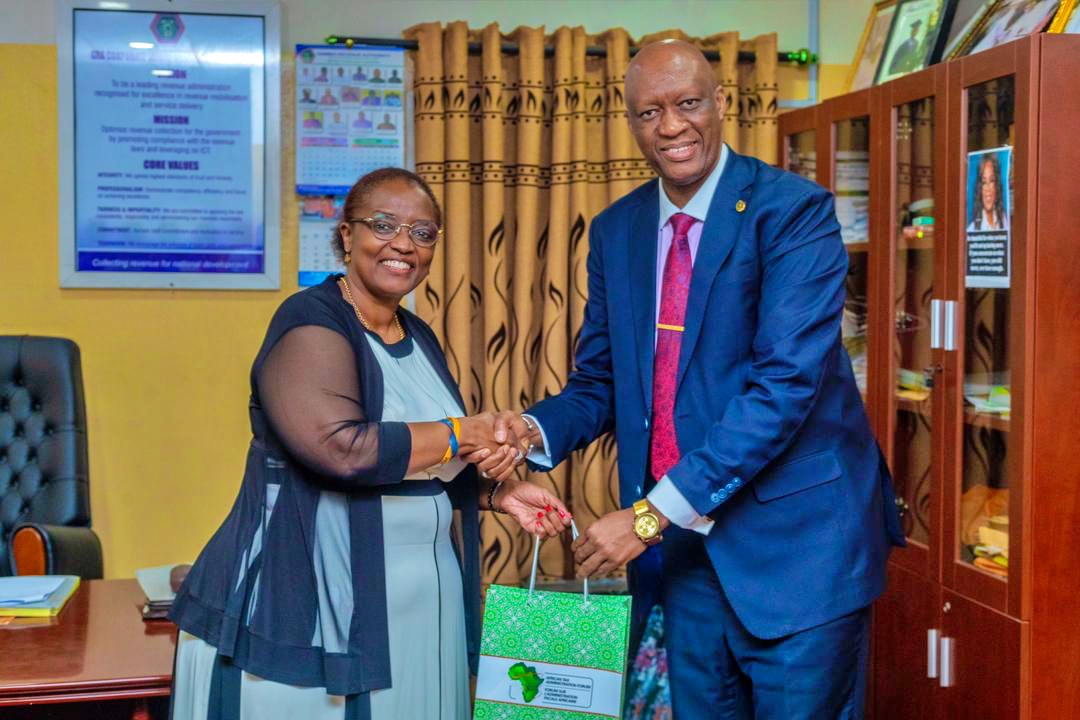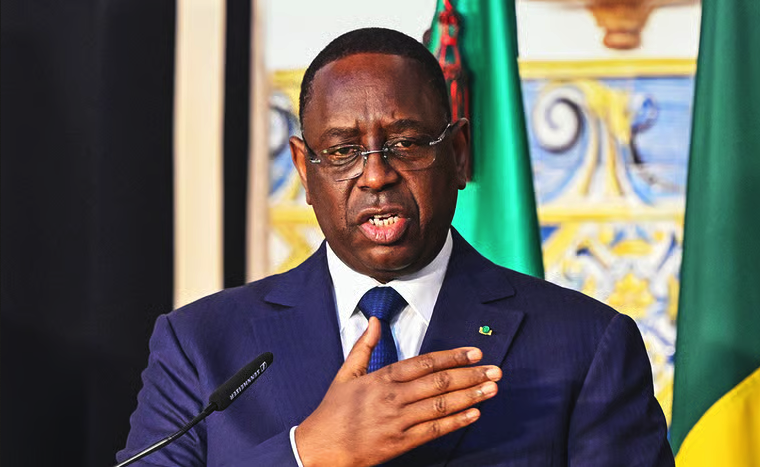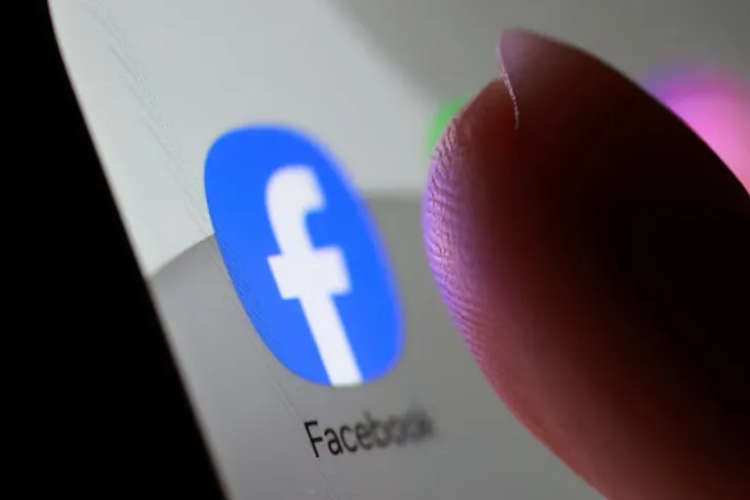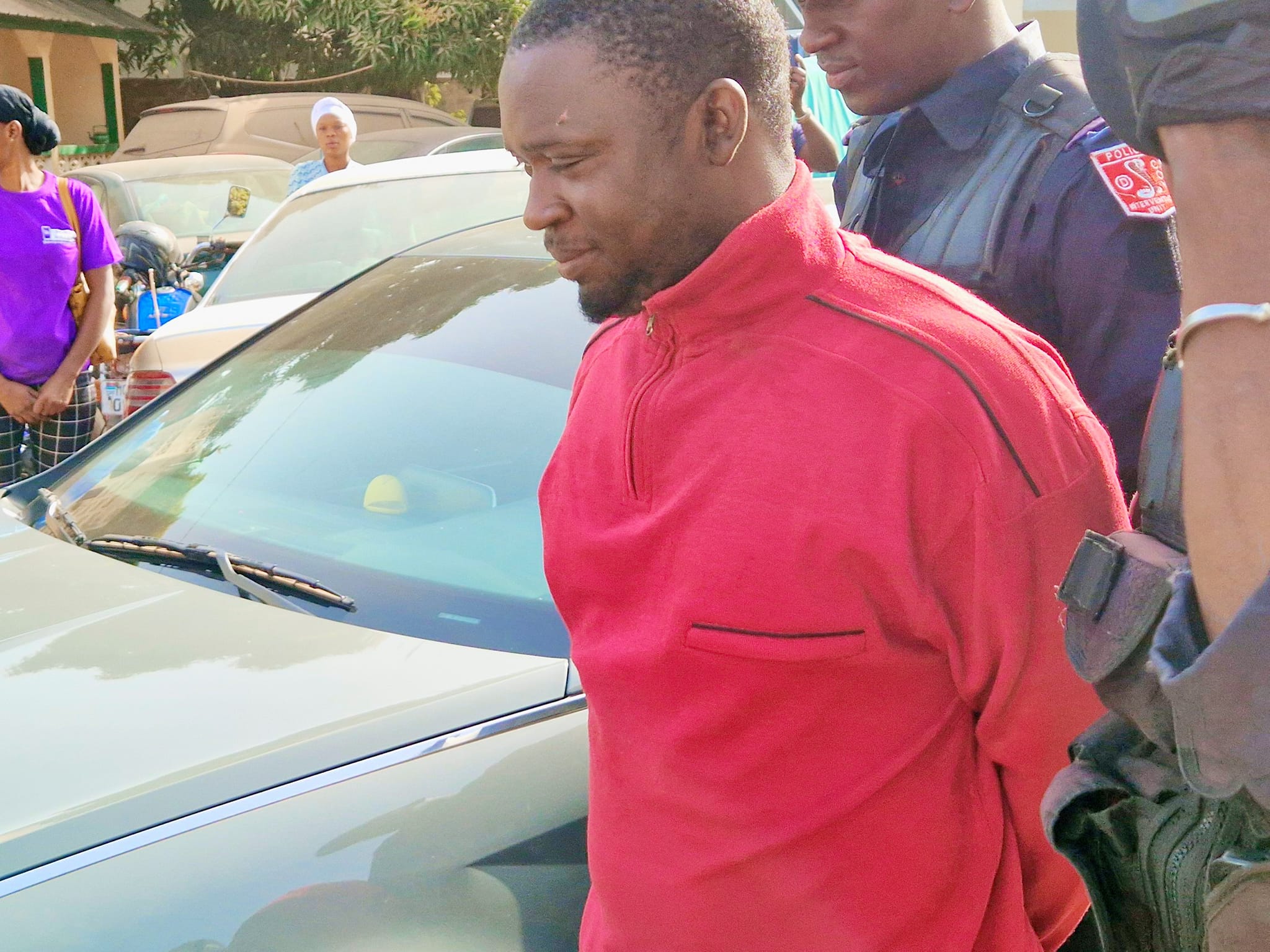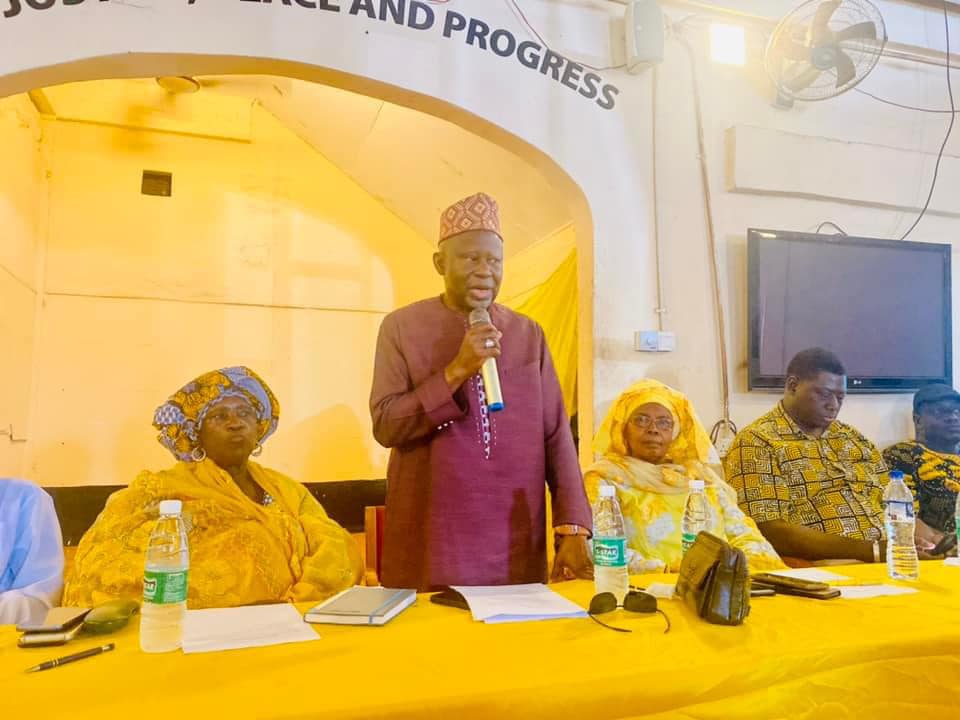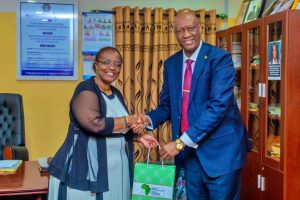Gambiaj.com – (BANJUL, The Gambia) – The United Democratic Party (UDP), once considered Gambia’s most formidable opposition force, is undergoing its most turbulent period in years. A series of high-profile resignations has rocked the party, revealing a growing rift over the leadership of long-time party leader, Lawyer Ousainou Darboe, who was recently nominated as the party’s presidential flag bearer for the 2026 elections.
The Exodus Begins and a Pattern Emerges
The first wave of resignations came on Thursday, September 11, when Tombong Saidy, UDP’s Administrative Secretary for Media and Communication, and Baboucarr “Loppy” Jammeh, the party’s Deputy National Campaign Manager, both announced their departure from the party.
Saidy, in his resignation letter, signaled disillusionment with the direction of the party and expressed open support for Talib Ahmed Bensouda, the Mayor of Kanifing. “I cannot, in good conscience, continue my membership when the potential of a leader like Mr. Bensouda is not being recognized and embraced as the best path forward,” he wrote.
Jammeh echoed similar sentiments, accusing the party leadership of marginalizing progressive voices and “vilifying” those pushing for reform. “I cannot in good faith continue to serve in a party environment where those who bring new ideas and genuine commitment to national renewal are vilified rather than supported,” he wrote.
The resignations didn’t stop there.
On September 12, Makam Sowe, Chairman of the UDP Diaspora Media and Public Relations Committee, resigned both from his position and from the party entirely. His resignation struck at the core of the UDP’s electoral strategy.
“Darboe has reached a ceiling he cannot cross,” Sowe wrote, referencing the party’s 28% vote share in the 2021 election despite “enthusiastic unity, millions raised, and mega rallies.” He argued the party needs a new approach and new leadership — a sentiment increasingly shared among disillusioned members.
ML Fatty, Deputy PRO of the UDP Gash Chapter, announced his resignation, effective October 1, citing a desire to remain professionally neutral while pursuing media-related activities. His tone was more diplomatic but nonetheless added to the tally of discontent.
Most recently, on September 13, Yahya Karafa Sonko, the party’s National Campaign Manager, and Malick Sowe, a member of the National Executive Committee, also tendered their resignations. Both pointed to the party’s departure from its founding principles.
“The UDP of today is not the one we built in 1996,” lamented Sonko, a longtime party stalwart.
Malick Sowe took direct aim at the treatment of Bensouda, saying the party’s leadership was “undermining merit and talent” by sidelining one of its most visionary members.
Cracks at the Top: Leadership Reactions
The sudden string of departures has prompted soul-searching — and division — within the party.
Hon. Alhagie S. Darboe, a senior party figure, offered a sobering analysis in comments to Kerr Fatou. “What we can count on today is a guaranteed base of 200,000 votes — the votes Darboe won in 2021… But can these 200,000 votes alone win us the presidency?” he asked, warning that defections could ripple far beyond the individual, as “those who leave the party have extended family who will always follow them.”
He called for a strategic pivot to court undecided voters, noting that the path to victory lies not just in loyalty but in broadening the UDP’s appeal beyond its base.
In stark contrast, Yankuba Darboe, Chairman of the Brikama Area Council and widely viewed as a loyalist and protégé of Ousainou Darboe, remained defiant. “When the base is solid, the top will shake but the structure will remain! The UDP base is too strong to be shaken! 2026 is yellow!” he declared.
His comments suggest a camp within the UDP that remains confident in the party’s traditional leadership and structure, despite the public defections.
A Third Force? The Reformist View
Perhaps the most blistering criticism came from Nanama Keita, a vocal supporter of Mayor Bensouda and one of the more ideologically clear voices among the dissenters.
“The repeated claim that we must either vote for Darboe or face collective suffering under Barrow is, at best, exaggerated and, at worst, baseless,” Keita wrote. While criticizing President Adama Barrow’s administration for incompetence and corruption, Keita argued that the UDP has failed to modernize or reform over its 30-year history and questioned its capacity to bring real change.
“This is why I’m hoping that Gambians would have a third choice on the ballot come 2026,” Keita stated, warning that another defeat for Darboe in 2026 could mark the beginning of the end for the UDP as a political force.
What’s Next for the UDP?
The party now finds itself at a crossroads:
Loyalists, led by figures like Yankuba Darboe, are doubling down on Ousainou Darboe’s candidacy and the party’s base strategy.
Reformists, including those who’ve resigned, are calling for a generational shift and are openly backing Talib Ahmed Bensouda as the face of that change.
Strategists, like Alhagie S. Darboe, are sounding the alarm that electoral math—not sentiment—will determine 2026.
The central question now is whether the UDP can mend its internal fractures before the 2026 election or whether it will split entirely, creating space for a viable third force in Gambian politics — possibly centered around Talib Bensouda or a coalition of disillusioned reformists.
As it stands, what began as a flag bearer nomination has quickly evolved into a full-blown identity crisis for Gambia’s biggest opposition party.




